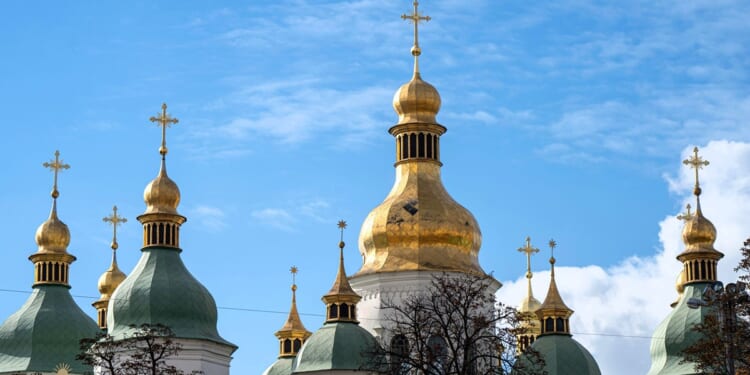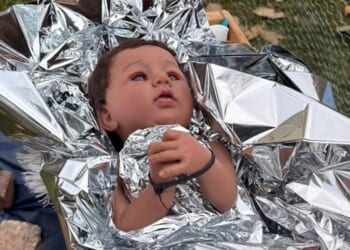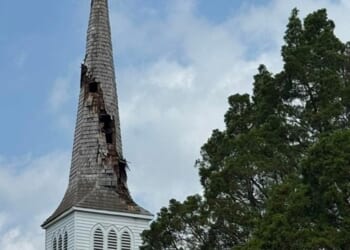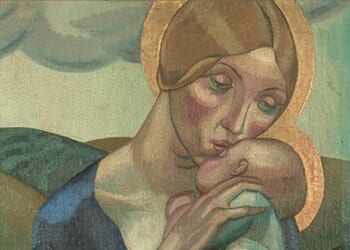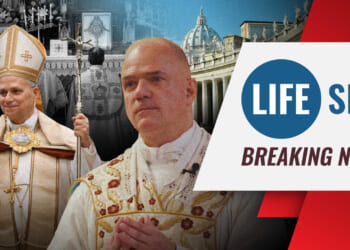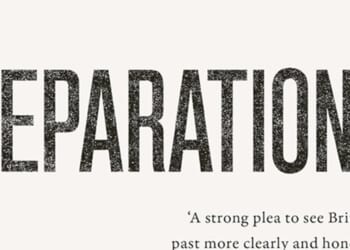A COURT hearing about the ban on the administrative centre of the Ukrainian Orthodox Church (UOC), which, Ukrainian authorities argue, remains tied to the Moscow Patriarchate, has been postponed once again. It was originally scheduled for 30 September.
The new date is 11 December. The Sixth Administrative Court of Appeal in Kyiv will decide whether to terminate the activities of the Kyiv Metropolis of the UOC. The State Agency for Ethnopolitics and Freedom of Religion (DESS) asked for the ban at the end of the summer. Its investigation had concluded that the Kyiv Metropolis had a Moscow Patriarchate affiliation, banned under Ukrainian law.
The UOC’s lawyers said that the court had decided to postpone the hearing after the DESS failed to provide all the documentation that it had used to examine the links between the Kyiv Metropolis and the Russian Orthodox Church. More than 1000 people have also applied to join the case as third parties, requiring more time for all sides to review the expanded documentation.
“The state policy did not provide all the documents. In particular, this concerned the official memo, which they classified for official use only after receiving our request. Therefore, the court granted our petition,” the lawyer for the Kyiv Metropolis, Mykyta Chekman, said.
In solidarity with the UOC, the Belarusian Orthodox Church, part of the Russian Orthodox Church, prayed for the suspension of state actions against the UOC before the court hearing. Its synod urged believers to support their “brothers in faith”.
“Unfortunately, at the present time we note with great pain and anxiety that unlawful actions against the only canonical Orthodox Church in the country continue,” the Belarusian Church’s Holy Synod stated.
The news of the latest delay comes amid heightened scrutiny of the UOC, as Russia steps up attacks on Ukraine, and any prospect of a ceasefire appears remote. This has prompted a reaction from the Vatican Secretary of State, Cardinal Pietro Parolin, calling for greater Europe-led efforts for peace.
Pressure on the UOC is also increasingly extending beyond its main centre. In the Rivne region, the DESS said, it had also identified signs of affiliation between the Koretsky Holy Trinity Monastery and the Moscow Patriarchate, and that these gave it grounds to ask the courts to order the monastery’s closure.
The findings of the DESS found some support from the Rivne diocese of the independent Orthodox Church of Ukraine (OCU), which said that any “connections with that religious centre that consecrates the aggressor’s weapons and blesses murder is not just a canonical mistake, but a deep moral wound”.

